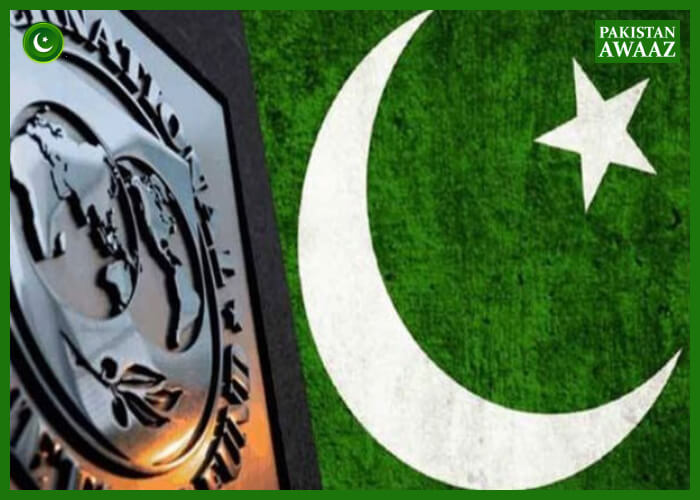Pakistan’s federal budget 2025-26 is estimated to surpass PKR 17.6 trillion, with the Federal Board of Revenue (FBR) tasked with collecting PKR 14,307 billion in tax revenue.
Pakistan set key targets in its 2025-26 federal budget to increase tax revenue and control the fiscal deficit. These actions align closely with conditions agreed upon with the International Monetary Fund (IMF)۔
As outlined in the official budget plan, the government intends to spend over PKR 17.6 trillion. Meanwhile, the Federal Board of Revenue (FBR) aims to collect PKR 14,307 billion through various taxes. Notably, both sides—Pakistan and the IMF—reached a consensus on the major fiscal reforms during recent discussions.
Specifically, tax collection targets include PKR 6,470 billion from direct taxes and PKR 4,943 billion from sales tax. In addition, customs duties are projected at PKR 1,741 billion, while federal excise duties will contribute PKR 1,153 billion. Furthermore, the petroleum levy is expected to generate PKR 1,311 billion. Non-tax revenue will likely reach PKR 2,584 billion, and a provincial surplus of PKR 1,220 billion will support fiscal goals. As a result, the fiscal deficit is expected to fall to 5.9% of GDP from the current 7.4%.
Pakistan set key targets Expenditure Breakdown and Development Priorities
To manage national obligations, the government will allocate PKR 8,685 billion for debt servicing and PKR 2,414 billion for defense. Moreover, the Public Sector Development Programme (PSDP) will receive PKR 1,065 billion for infrastructure and development. To bridge the gap, borrowing is expected to hit PKR 6,588 billion.
During talks, the IMF urged Pakistan to gradually phase out federal support for provincial development. Consequently, provinces are encouraged to generate independent revenues. As part of the proposal, provinces will begin taxing agricultural income exceeding PKR 600,000 annually, starting July 1, 2025—with no exemptions.
Overall, these measures underscore Pakistan’s commitment to structural reforms. Additionally, the government aims to raise the tax-to-GDP ratio from 9.5% to 10.4%. Therefore, fiscal discipline and strategic planning are central to Pakistan’s path toward economic stability.
Also Read: Pakistan Strikes Indian HQ, Downs Five Jets in Retaliation




